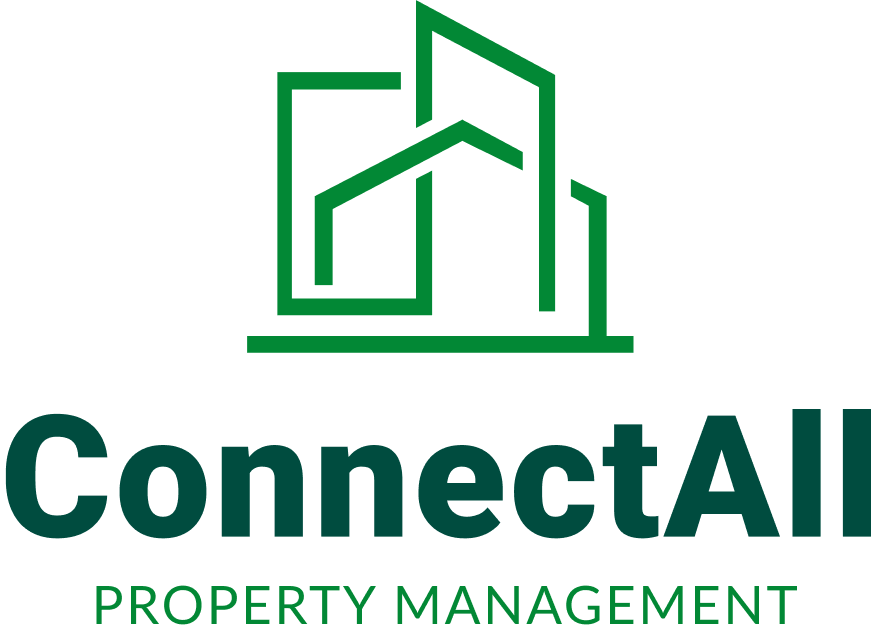Key Insights for Success in Boston's Dynamic Rental Market
Investing in real estate can be a lucrative endeavor, especially in a dynamic market like Boston. As 2023 unfolds, the city’s real estate landscape continues to evolve, presenting both opportunities and challenges for prospective landlords. To help you make informed decisions, here are key insights into what landlords should know when investing in Boston area real estate this year.
1. Understand Local Market Trends
Before diving into any real estate investment, it’s crucial to understand the local market trends. Boston is renowned for its world-class universities, robust job market, and rich history, which maintain a steady demand for rental properties. However, the market can vary significantly by neighborhood. Use resources like Boston Magazine’s Real Estate Guides to identify areas with high growth potential and sustainable rental income.
2. Choose the Right Property Type
Consider the type of property you want to invest in. Boston offers diverse options, including single-family homes, condos, multi-family units, and commercial spaces. Each type has its unique advantages and challenges. For example, multi-family units provide steady income from multiple tenants, while single-family homes appeal to families or professionals. Learn more about property types through Investopedia’s Real Estate Investment Guide.
3. Stay Updated on Rental Regulations
Boston has specific rental regulations and ordinances that landlords must follow. These include rules on security deposits, rent control, and tenant rights. Staying informed about Massachusetts Landlord-Tenant Laws ensures legal compliance and helps maintain a positive landlord-tenant relationship.
4. Consider Hiring a Property Manager

Managing rental properties can be time-consuming, especially if you have multiple units or a full-time job. A reputable property management company like ConnectAll Property Management can handle rent collection, maintenance, and tenant screening. This reduces stress and ensures your property is well-maintained.
5. Develop a Financial Plan
Create a detailed financial plan before making any investments. Include your initial purchase costs, ongoing expenses (property taxes, insurance, maintenance), and expected rental income. Use tools like Zillow’s Rental Property Calculator to estimate potential returns and ensure you stay within budget.
6. Focus on Property Appreciation Potential
For long-term investors, property appreciation is a key consideration. Identify neighborhoods that show consistent growth in property values. Tools like Neighborhood Scout can provide valuable insights into areas with strong demand and high appreciation potential.
7. Keep Up with Tenant Preferences
Tenant preferences are constantly changing. In 2023, factors like proximity to public transportation, outdoor spaces, and in-unit home offices are more important than ever. By understanding and catering to these preferences, you can attract quality tenants and keep occupancy rates high.
8. Budget for Maintenance and Upgrades
Rental properties require regular maintenance and occasional upgrades. A well-maintained property attracts better tenants and retains them longer. Consider setting aside part of your rental income for these expenses. Resources like Apartment Therapy’s Property Maintenance Tips offer practical advice for keeping your investments in top condition.
Summing It All Up: The Takeaway
Investing in Boston real estate in 2023 presents exciting opportunities but requires careful planning. Staying informed about local trends, property types, and regulations is essential. Working with a property management company like ConnectAll Property Management can also help you navigate the complexities of property ownership. By approaching your investment with knowledge and preparation, you can succeed in Boston’s dynamic real estate market.









